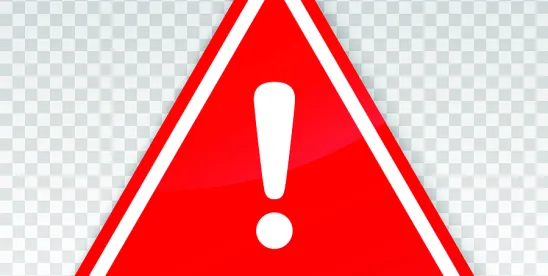Highlights
The USPTO issued a warning of a coding error that may affect some U.S. patents issued between March 19, 2024, and July 30, 2024
Patentees seeking a revised patent term adjustment determination based on this error must submit a timely petition for reconsideration
The burden of determining whether patentees have been affected by this issue falls on the patentee, and requests for correction of affected patents must be filed by Nov. 19, 2024
On Sept. 25, 2024, the U.S. Patent and Trademark Office (USPTO) published a notice regarding a coding error affecting its patent term adjustment (PTA) software. The coding error potentially affects U.S. patents issued between March 19, 2024 and July 30, 2024.
The USPTO discovered the coding error in a recent update to the software used to perform PTA determinations under both 35 USC 154(b)(1)(A), which pertains to the statutory guarantee for prompt USPTO office responses, and calculations of the amount of overlap under 35 USC 154(b)(2)(A), where various statutory guarantees overlap but do not extend the total delay. However, PTA calculations under 35 USC 154(b) were not affected by this error.
Although the USPTO identified the source of the error and corrected the software, it has advised that patentees seeking a revised PTA determination based on this error must submit a timely petition for reconsideration.
The USPTO has waived all fees, including extension-of-time fees for the filing of such petitions. However, there are still relevant deadlines under 37 CFR 1.705(b), which specifies that any request for reconsideration of the patent term adjustment indicated on the patent must be filed within two months from the date the patent was granted but may be extended an additional five months.
This means that requests for correction of the earliest potentially affected patents must be filed by Nov. 19, 2024.
Informal advice from USPTO personnel on this topic has indicated that the USPTO believes that less than 1 percent of the patents issued during the suspect time period have been affected. However, the burden of determining whether patentees have been affected by this issue falls on the patentee itself.
Further informal recommendations from USPTO personnel have indicated a few techniques for identifying any issued patents that may be affected. Any patents that issued with zero days of “A” delay or zero days of overlap have not been affected by the error. Likewise, patents in which the aggregate amount of “A” delay in the summary box is correctly calculated are likewise not affected. The USPTO provided additional information for locating and analyzing this data.




 />i
/>i
